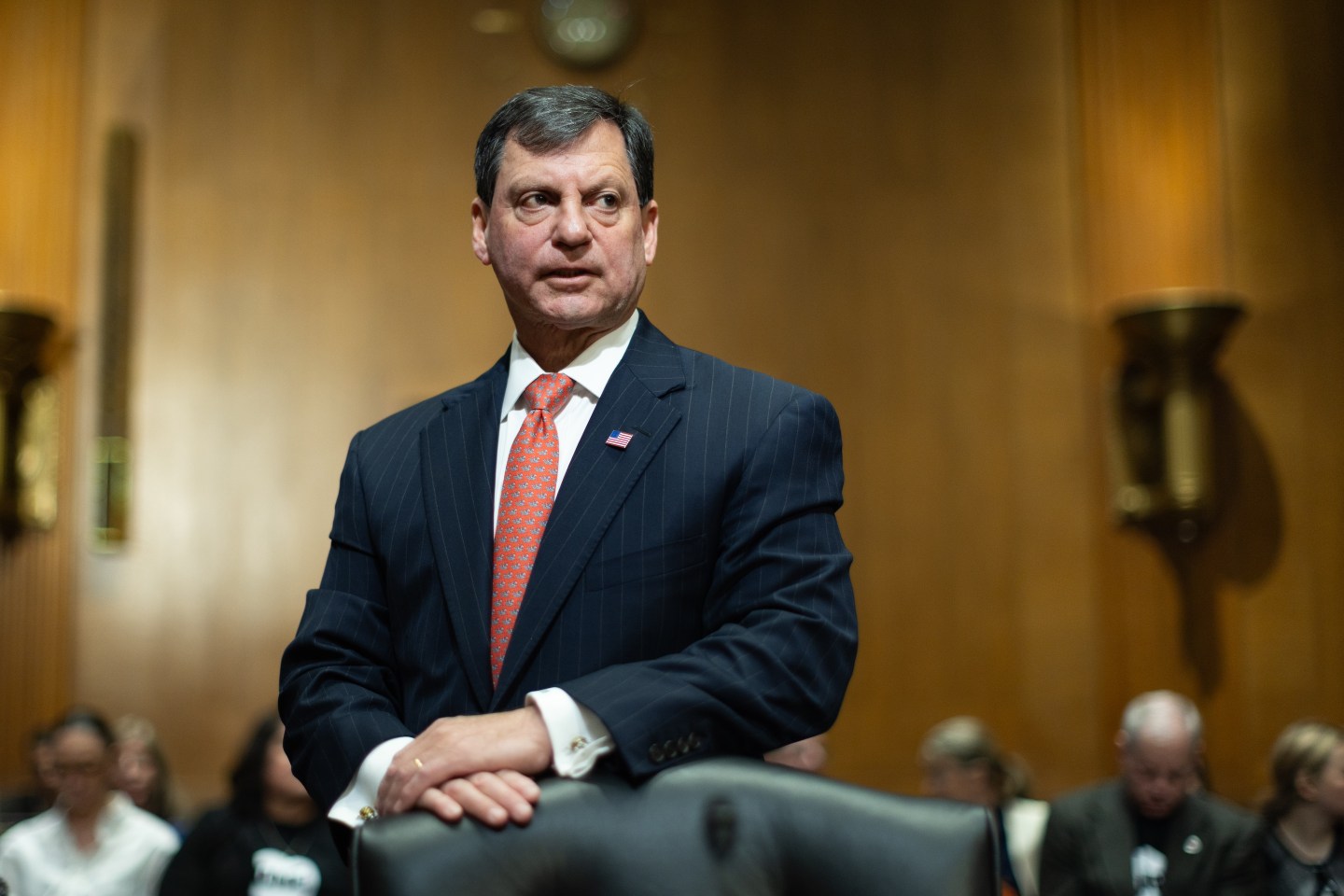Good morning!
It’s hard to find much hope these days.
MeQuilibrium, a workplace resilience and employee engagement platform used by companies like Marriott International, Goldman Sachs, and JPMorgan, surveyed over 4,400 of its members. It found that political tensions, money, and the workplace are the top drivers of employee pessimism.
Three-fourths of respondents say thinking about the state of the country made them feel worse, followed by their financial situation (45.8%) and work situation (38.7%).
“Each of these three areas has experienced significant volatility and uncertainty that impact employees on a daily basis, in both their personal and work lives,” says Brad Smith, chief science officer at meQuilibrium. Political clashes and polarization, stagnant wage growth amid historically high inflation and rising interest rates, and threats of layoffs are seeping into the workplace and affecting how secure employees feel. “What each of these have in common is that they are essentially out of an individual’s control,” Smith adds.
While geopolitical turmoil and, in some cases, financial situations are out of an employer’s hands, positively impacting workplace sentiment isn’t. Just 27.1% of employees who feel strongly supported by their manager say thinking about work makes them feel worse, compared to 55.5% of employees who do not feel supported by their manager.
“In a still-volatile, post-pandemic world, managers have to check in with their team on more than just progress toward a goal,” says Smith. Managers must be equipped with soft skills like empathy and create and maintain a psychologically safe space.
Resilient employees, identified as those who exhibit a high degree of realistic optimism and self-confidence, strong problem-solving skills, and high emotional intelligence, were also more likely to report positive perspectives. Only 27.9% of highly resilient employees report a negative outlook on their financial situation, compared to 64.3% of least resilient employees, and 24.4% were pessimistic about their work situation, compared to 55.9% of less resilient workers.
Employers can build resilience in their workforce by offering personalized training that builds on individuals’ strengths, providing growth opportunities, and teaching employees cognitive reframing, a psychological tool where one looks at an upsetting situation, experience, person, or relationship in a different way.
“Rather than resist or complain about change, a resilient employee skilled at reframing might look at the rapid pace of change at work and say, ‘Expecting things to stay the same forever is unrealistic. Change takes time. I’m going to break these huge goals into small steps and celebrate my successes along the way,’” says Smith.
Paige McGlauflin
paige.mcglauflin@fortune.com
@paidion
Reporter's Notebook
The most compelling data, quotes, and insights from the field.
As many executives try to find the right messaging in response to the deadly conflict in Israel and Gaza, some are turning to internal counsel for advice—including HR. David Barrett, founder and CEO of software company Expensify, held meetings with his senior HR team before sending a companywide email, which both condemned Hamas's attack and explained the violence Gazans now face.
“We’re not historians,” Barrett told the New York Times. “A lot of us didn’t understand the issue very well, didn’t understand the history, didn’t understand the kind of impact it was having on people.”
Around the Table
A round-up of the most important HR headlines.
- Professionals are using AI bots that can apply to hundreds of jobs in just hours. Recruiters, however, say the strategy is ineffective because these applications are either automatically filtered out or easy to spot. Wired
- Some Gen Z employees are rejecting promotions to manager positions because they don’t feel that a raise in pay is worth the added stress. Insider
- Analysts at Morgan Stanley warn that hotdesking, where multiple workers use a single workstation, could be one of the biggest threats to the demand for office floorspace. Bloomberg
Watercooler
Everything you need to know from Fortune.
Good old days. More than half of respondents to a CNBC and Generation Lab poll say it’s harder to get promoted than it was for their parents. A little less than half said it’s harder to get a job in the first place. —Jane Thier
Mad skills. Angrier employees can be more effective, according to a Texas A&M professor whose research found that angry people had quicker reaction times and were better at solving puzzles. —Irina Ivanova
Put it on the plastic. Apartment soundproofing and $350 haircuts are some of the business expenses that the CFO of business card provider Brex attributes to remote work. But companies who are more lenient with these charges, he says, will have an easier time recruiting and retaining employees. —Sydney Lake, Jane Thier
This is the web version of CHRO Daily, a newsletter focusing on helping HR executives navigate the needs of the workplace. Sign up to get it delivered free to your inbox.












